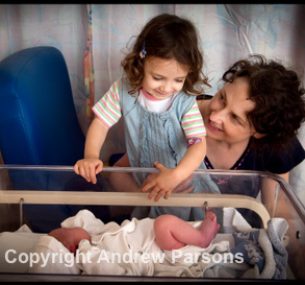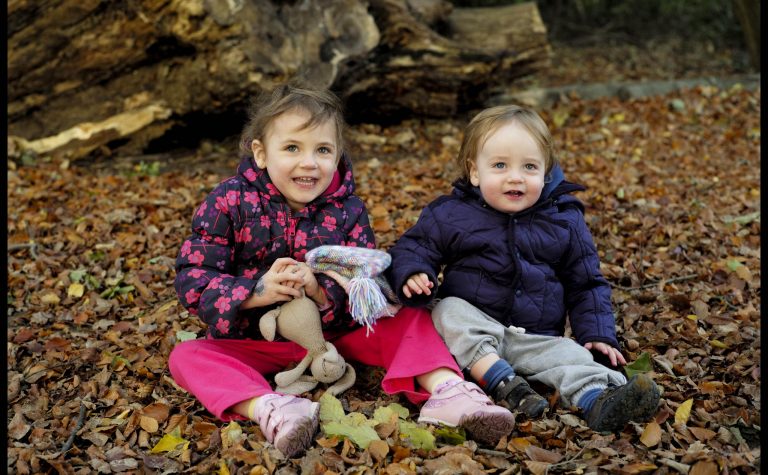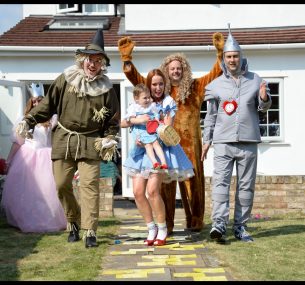Don’t ask, just do
People are generally useless at asking for help and the kind offer of “Do let me know if there is anything I can do?” is rarely taken up. So be proactive. Cook meals, take magazines, toys, games to the hospital, offer to babysit, or take the kids to the park, tidy your friend’s house while they are in the hospital. Think what chores need doing and just do them. I have got a lot better at asking for help when on verge of a breakdown, but still often feel like I don’t want to put people out.
Be there months down the line
A childhood cancer diagnosis changes a family forever. We were deluged with texts, calls and messages of support in the weeks following diagnosis often at a time when I was completely unable to respond or take anything in. I was in shock. There were times when I was able to talk about Yasmin’s treatment and my fears for the future and others when I just needed a break from it all. Although now, we appear to have got our lives back to normal and Yasmin has a great prognosis with the end of treatment in sight, a prolonged hospital admission means fraying nerves and a feeling that we cannot cope. The waves of fear and hopelessness return along with a need for emotional and practical support. The treatment for acute lymphoblastic leukaemia is very long (two and a bit years for girls and three years for boys) The stress is not as intense as at the beginning but it has been there for a very long time and I need my friends and family just as much as I did in the beginning.” Karen’s daughter Yasmin was diagnosed with acute lymphoblastic leukaemia in August 2012 and will finish treatment this October.
This article was reproduced by with permission from author, [Karen] and was originally published at: Our life with leukaemia 11.04.18

